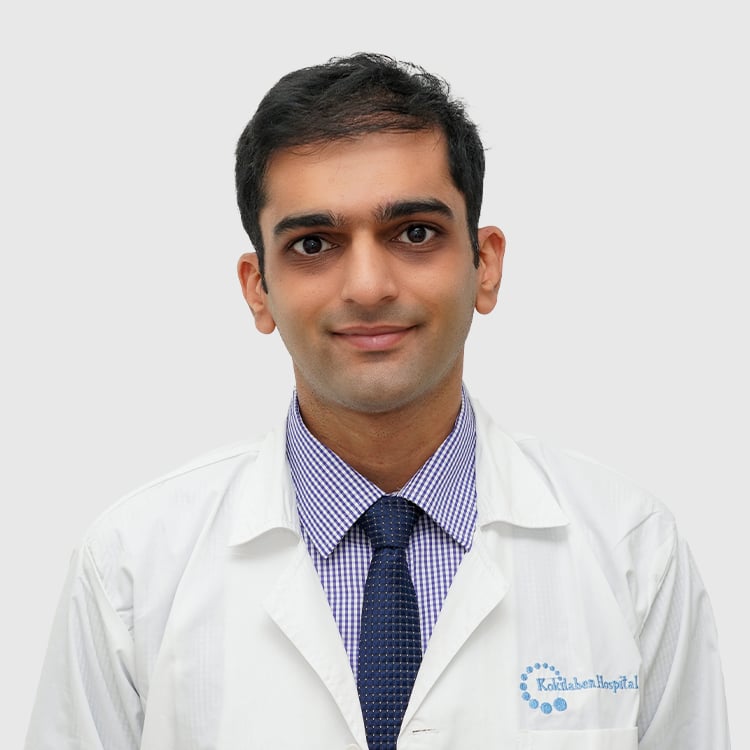Skin cancer is one of the most common forms of cancer, but when caught early, it is highly treatable. It occurs when the skin cells grow uncontrollably, typically due to excessive exposure to ultraviolet (UV) rays. While anyone can develop skin cancer, individuals with lighter skin, a history of sunburns, or frequent tanning bed use are at greater risk.
Skin cancer is classified into three main types:
The progression of skin cancer is classified into stages:
The earlier the stage, the more successful the skin cancer treatment can be.Reach out to our specialists at Kokilaben Dhirubai Ambani Hospital one of the best hospitals for skin cancer treatment in Mumbai for early diagnosis and care.
A skin cancer diagnosis typically begins with a clinical skin exam by a skin specialist. If suspicious lesions are found, a biopsy is performed, where a small sample of skin is examined under a microscope. Further imaging tests like CT scans may be necessary if the cancer is suspected to have spread. Timely consultation with a cancer surgeon in India ensures that a thorough evaluation is done, offering the best approach to treatment.
Prevention plays a key role in reducing the risk of skin cancer. Here are a few tips to safeguard your skin:
Adopting these habits can help reduce your risk and promote healthier skin.
Treatment options vary depending on the type and stage of skin cancer. For early-stage cancers, skin cancer specialists may recommend surgical removal, which is highly effective. Advanced cases may require a combination of surgery, radiation therapy, or chemotherapy. Targeted therapies and immunotherapies are also available for treating aggressive forms like melanoma. By seeking prompt and personalized skin cancer care treatment in Mumbai, patients can achieve positive outcomes and continue to lead healthy lives.
Surgery is curable in non metastatic SCC.
In patients with metastatic disease, survival depends upon the extent of distant metastasis and feasibility for resection.

Bone & Joint/Orthopaedics, Cancer
Bone & Soft Tissue Tumors – Sarcoma treatment, metastases management Limb Salvage & Reconstruction – Megaprosthesis, 3D-printed implants Minimally Invasive Pediatric Tumor Surgery – Joint-preserving procedures Navigation-Guided Tumor Surgery – Precision-driven cancer surgery Extended Curettage for Benign Tumors – Bone cysts, giant cell tumors Pathological Fractures & Metastatic Bone Disease – Advanced care solutions Innovative Bone Recycling Techniques – Extracorporeal irradiation, custom implants Rotationplasty & Complex Limb Reconstruction – Functional preservation techniques